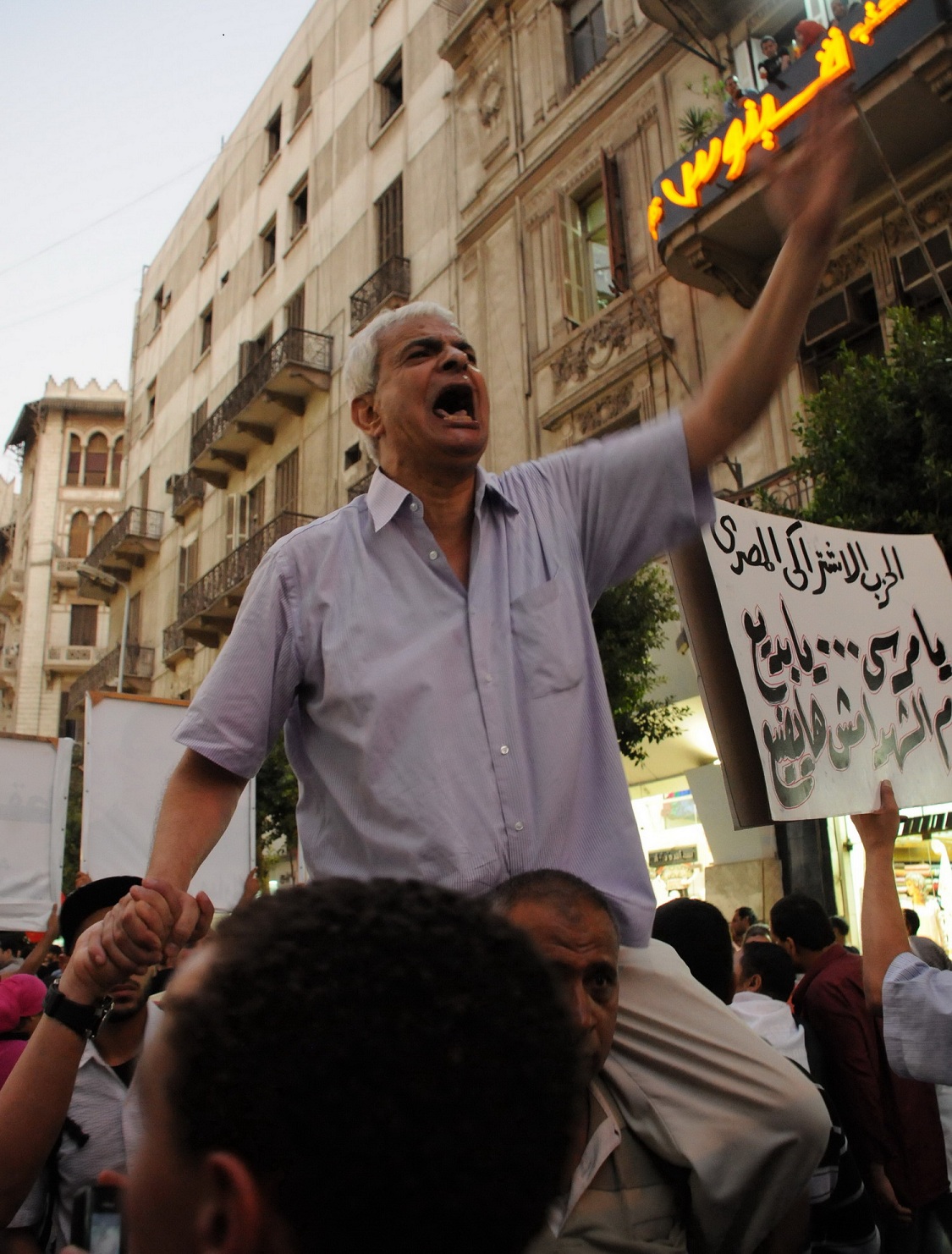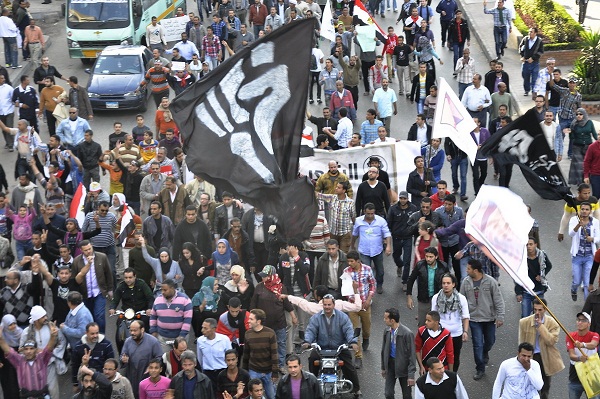The Palestinian Authority (PA) is seeking membership of the World Trade Organization (WTO) as part of an effort to build prosperity and the foundations of statehood but the Obama Administration and Israel are blocking the bid.
The WTO could be “an engine for reform and an engine of state building, said former economics minister Basim Khoury at the United Nations Conference on Trade and Development in October, after discussions with WTO chief Pascal Lamy and diplomats from Europe, the USA, China and Japan.
The PA – whose Fatah party governs the main Palestinian territory, the West Bank, while rivals Hamas run the separate Gaza – is provisionally seeking observer status, allowing it to adjust to WTO terms. The PA could achieve membership in five years even if it has not yet achieved statehood (non-state members include Hong Kong, Taiwan and Macao).
Saudi Arabia, Egypt and Jordan are all members and all enjoy stable relations with the West and Israel, compared to Iran, WTO outsiders. But what improvement can membership make to Palestinians on the ground in the near future? The truth is, very little.
The WTO does not have the power to resolve the primary impediments to Palestinian trade: the security wall around the West Bank, the 600-odd military checkpoints, roadblocks and barriers in the West Bank, and the blockade of Gaza. These measures, to prevent suicide bombings, as during the second intifada in 2000, greatly hamper freedom of movement and thus of trade but are excluded from WTO conditions because they are security measures.
Vehicles take up to four hours to pass through each checkpoint, adding to the cost of transport. Goods often get spoilt when they are unloaded for checks and reloaded. Nassar Stone Investment Company – a stone and marble producer that exports to the USA, Europe and the Far East – has to leave enough space in its vehicles to allow access to sniffer dogs, reducing the quantity of goods per journey. Many companies find their working day is limited by checkpoints opening times.
WTO talks seem an empty gesture amid these constraints. What the PA lacks is not a free-trade framework – Israel is WTO-compliant and accounts for most of Palestinian trade – but the ability to gain access to new markets. To do so, it needs a private sector that is mobile and reliable, and checkpoints hinder both.
In his Foreign Policy Speech to the Nation in June, Prime Minister Binyamin Netanyahu told the Israeli public he wanted to “strengthen the moderate part of the Palestinian economy by handing rapid growth to those areas. Improved security in the West Bank has been met with a slight thaw in security. Opening times have already been extended at Nablus, Ramallah, Qalqiliya and Jericho, for instance, and some checkpoints have been dismantled. Trade in Ramallah and Nablus is up, although the International Labour Organisation says there is no increase in jobs yet.
And Netanyahu recently announced a ten-month settlement freeze in order to commence peace talks. The freeze is partial, and does not apply to East Jerusalem or to West Bank projects already started, but may prevent new incursions for the time being.
Improved trade could allow businesses and commerce to grow: a thriving private sector increases employment and security, in turn lessening the need for the archipelago of military watchtowers, in turn increasing the flow of business.
The USA has a role to play and needs to adopt a consistent position. It was the Bush administration that promised WTO membership to the PA back in 2005, yet the Obama administration is blocking the current WTO bid while also failing to achieve a comprehensive settlement freeze. This is one of Obama’s biggest failures so far in the Middle East, strengthening the perception that the USA is an uncritical ally of Israel or, even worse, a weak bystander.
Adam R. Green is Editor of Exploration and Production: Oil and Gas Review, an independent international journal published in London.


